Maybe it was a gift that started up the universe. It had to be a gift, since there was nothing there to exercise an obligation, nothing there to reach out and receive it. There wasn’t a law requiring it. There wasn’t a person, worthy or not, to elicit it.
I’ve been thinking a lot about gratitude lately. As our Thanksgiving approaches maybe I should write about it, even if you didn’t ask for it. I recently replayed an old tape (yes, a tape!) we have of my former colleague Fred Craddock’s meditations on Advent themes. He called them “Exhortations.” In one, he remarked how he had “never known a person who was grateful who was at the same time small, bitter, cruel, and selfish. Never.” He called gratitude the mother of all virtues.
And indeed, it is at the heart of creation itself. Maybe that’s why the idea of creation ex nihilo, out of nothing, arose. It is all pure gift. And maybe that’s where our ecological ethic should begin. I’ve often thought that it might start with a sense of stewardship, but that doesn’t get to the depth of what gratitude is. It still hangs on to the idea that all we have is our “property” somehow, rather than simply a gift. We have an obligation to be good stewards. This is not just a gift that becomes our property in the sense that we have some right to do with it what we want. It is always gift, for it could vanish in a moment, especially if we grasp it too hard in the vice of our fear of loss and our greed for gain. No, gratitude arises in the awareness of the sheer giftedness by which we live. And gratitude then leads to praise and song, outbursts of awe that are directed…where? In ordinary life we receive a gift from a giver and we thank the giver. But for life? Where, who, what is the giver? The giver is not “here,” not “there,” not “he” or “she.” So we call this Giver “God,” the Holy One, the “I Am.” Not just the “I Am who will be what I shall be,” but the “I Am who gives.” So maybe gratitude is the beginning of what we call religion. It is at the heart of faith in the Giver. If I have it right, it is Meister Eckhardt who said, “If I have only one prayer to pray, let it be Thanks.”
If gratitude is at the heart of faith and ethics, what would it mean to begin our ecological ethic with gratitude? What would it mean for those warring over land, whether in Israel/Palestine, Cyprus, or Kashmir, to say, this is God’s gift, how do we live in it as gift? What would it mean for sharing in the gift of good health? of fresh water? of language that conveys truth? of communities that evoke trust? I don’t know. But I am thinking about it as I move first into the American time of Thanksgiving, with its travel snafus, family gatherings, and overconsumption, and then to the Christian time of Advent, where we simply open our eyes and try to imagine an unimaginable gift. And how our lives would change if they were more deeply rooted in gratitude.

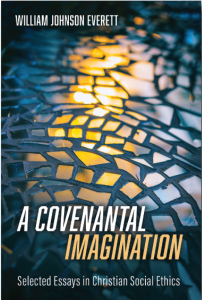
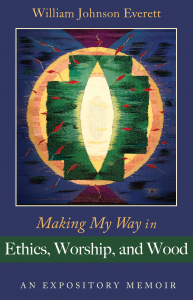
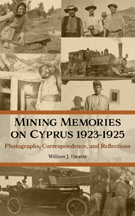
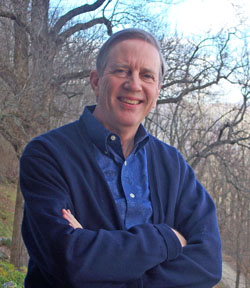
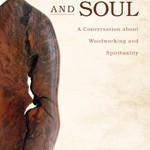
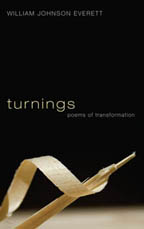
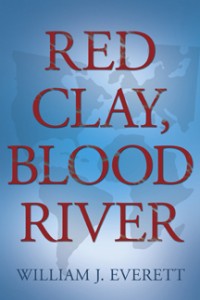 Red Clay, Blood River
Red Clay, Blood River